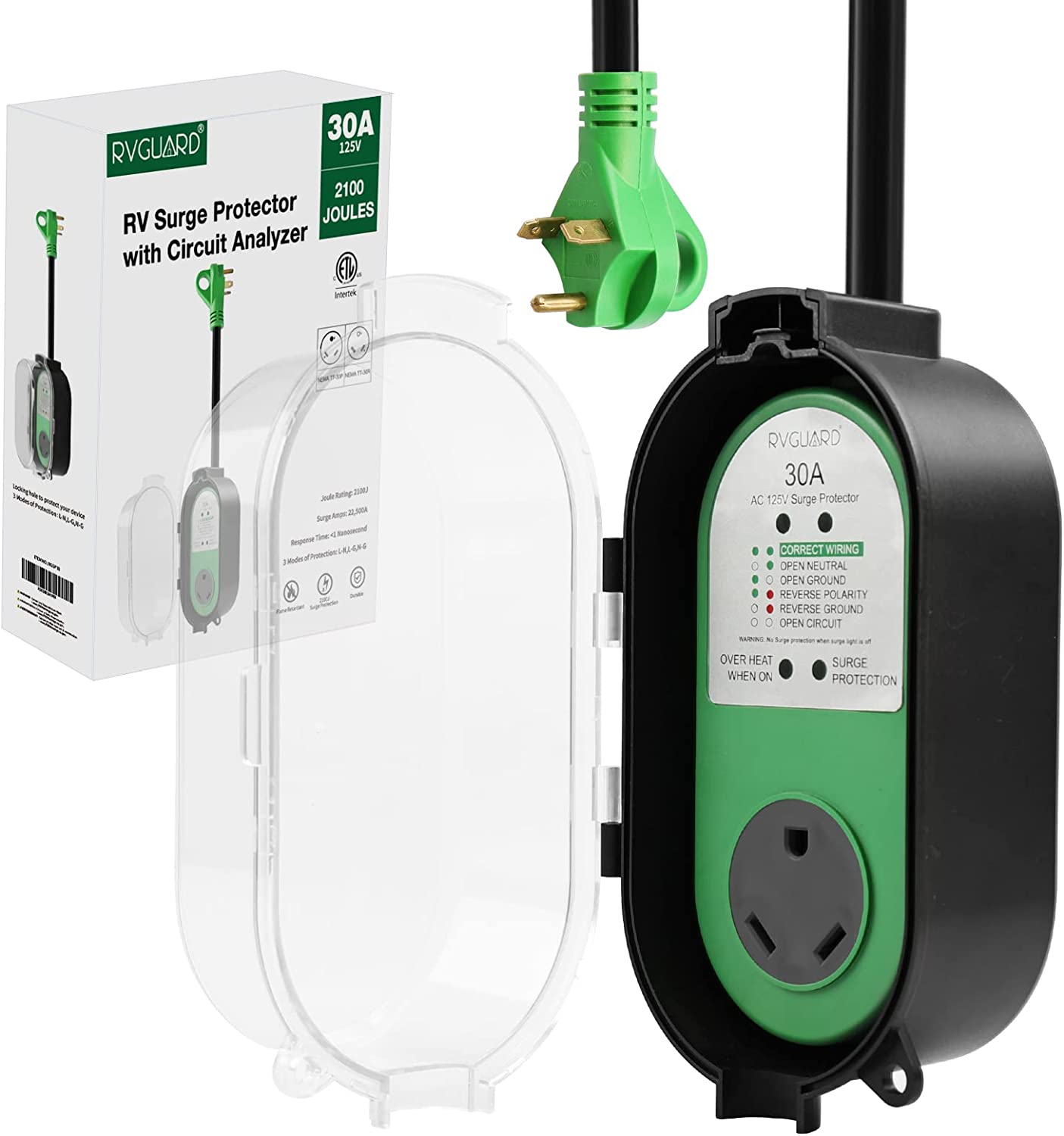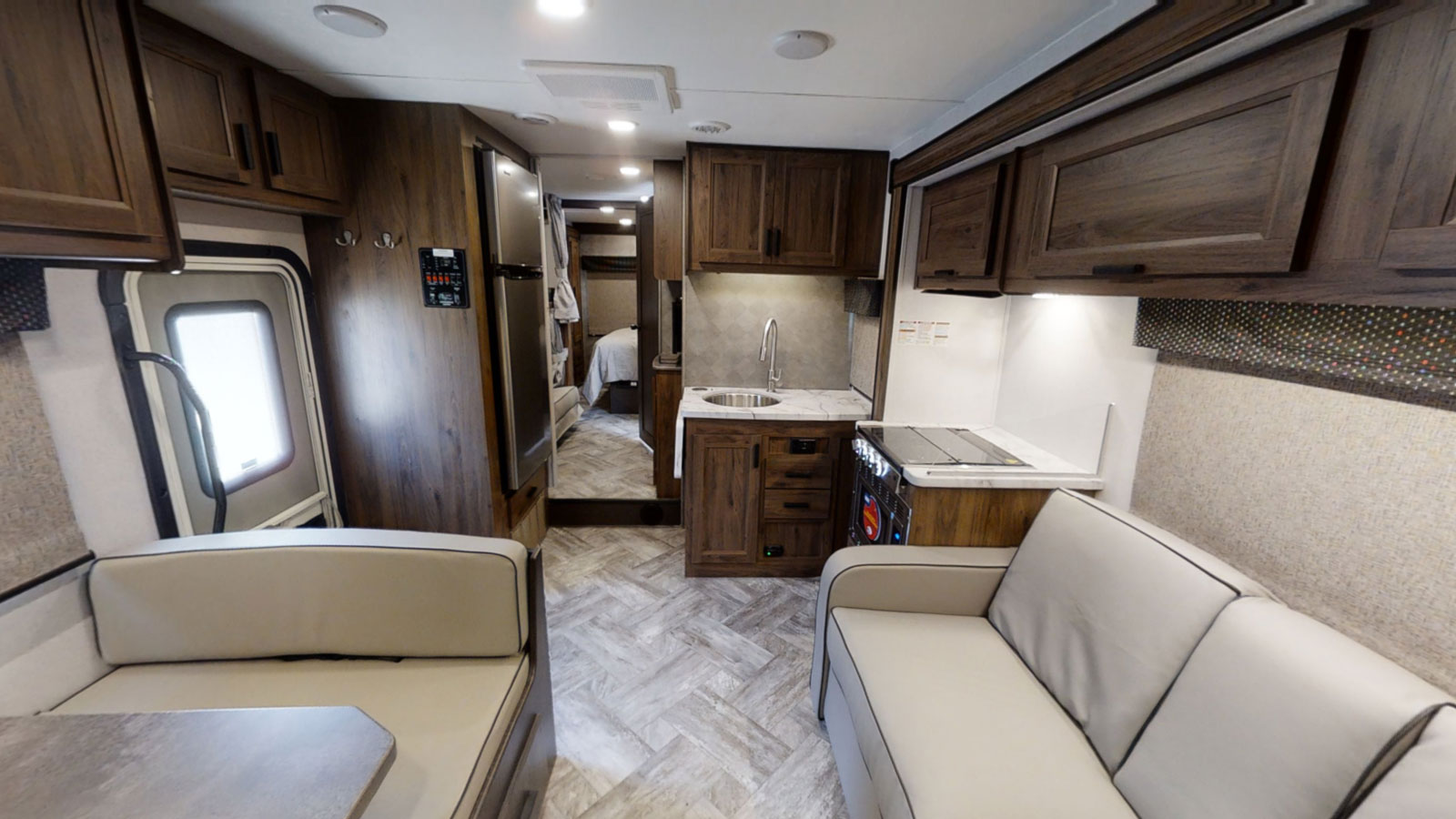Now more than ever, many of us are hitting the road in RVs to see what this world has to offer. There are some obstacles that get in our way, but we find solutions and keep trekking on. One such obstacle that many hear about, is the dreaded RV 10-year rule. This particular rule has many people asking, what about my RV?
We did a little research to see if we could find out why they created this rule. Also if this rule is in place, can we help with a few workarounds. So, what are the best ways to get past the RV 10-year rule?
What is the 10-year rule?
The rule simply says NO RVs older than 10 years are allowed. They are at a point in their lives when they start looking aged and worn. To limit breakdowns and unsightly RVs from cluttering their campgrounds, these will be prohibited. Safety, Local Ordinances, and Liability are the main sticking points for why this law was put into place. Usually, this rule is only enforced in more upscale parks or glamping locations. Lately, I have heard stories from others at lower-end campgrounds, but have not run across this personally.
Why did they start using the RV 10-year rule?
For long-term parks, older RVs are more likely to become broken down, and some parks take this as an eyesore they would rather not deal with. Campgrounds state they are looking at a few things, safety, ease on the eyes, and dependability. This to me seems more of a way to filter through the unwanted riff-raff if you may. That being said, just because you have a more than 10-year-old RV, you are not riff-raff.
A campground does not have the time or resources to inspect every RV that comes it’s way. This is a simple rule to limit the amount of undependable or unsightly RVs that come into their park.
Relax! Very few campgrounds will ever ask for the age of your RV. If they do, remember it is probably not a place you want to stay at anyway.
Main reasons for the RV 10-year rule
Safety
One of the main safety issues with older units is they may be prone to leaks from storage tanks. If you have a drivable RV there is always the chance of oil and other fluids leaking. As your RV or camper ages, the chance of breakdowns goes up dramatically. Their age also increases the chance for, propane leaks, engine/transmission failure, and electrical issues that could create potential hazards to the park.
Each state, county, or local has its own safety laws that campgrounds must adhere to, but is this the reasoning behind the rule.?My thoughts are, that this is just their way to screen RVs quickly with the limited resources available to most parks.
It is not like they have the time and resources to stop every RV and perform an inspection. This would require one or 2 people to sit at the front gate and check upon entering their campground.
Visual
As with the safety standpoint, the older the unit, the more the aesthetics are drastically reduced. Unless your unit is cared for properly, older RVs turn faded, decals crack, and many have numerous bumps and bruises.
I have stayed next to a couple of RVs myself that were pretty sketchy and beat up. This really got me wondering, how did they get in here? Actually, I was thinking, how did they even make it here with all that smoke coming from their unit. Rolling in the late afternoon with that screeching noise being emitted from the engine and settling in next to me.
The potential for profit losses is the primary reason management avoids the hassle of letting in older rigs. The losses will snowball if the campground, either through bad online reviews or by word-of-mouth, gets a reputation as being a low-class park that lets in “anyone.”
RV Dependability
This rule I believe is more for long-term visits, as a campground may be concerned about breakdowns or even the ability to pay the rent when such breakdown happens. Logic suggests that if a person is unable to keep up with repairs, what else are they unable to keep up with.
The last thing a campground wants during a busy holiday weekend is an RV torn apart getting repaired. Imagine a mobile repair guy or a tow truck trying to squeeze out of the campground. Word of mouth spreads fast as others are trying to enjoy their vacation.
Legal Ramifications
Most guests are there for a couple of days or even a week and gladly check out when their vacation is over. The problem starts when a guest either can’t or outright refuses to leave because of a breakdown.
Depending on what state you are in, once they have been allowed to park, it may be hard to remove them. It could come down to a long eviction battle to get their RV removed from their property.
If you are searching for a great way to plan stops and get park reviews, check out RV Trip Wizard for all your needs. 20,000 campgrounds with reviews, RV safe route trip planning, and 50,000 points of interest along your path.
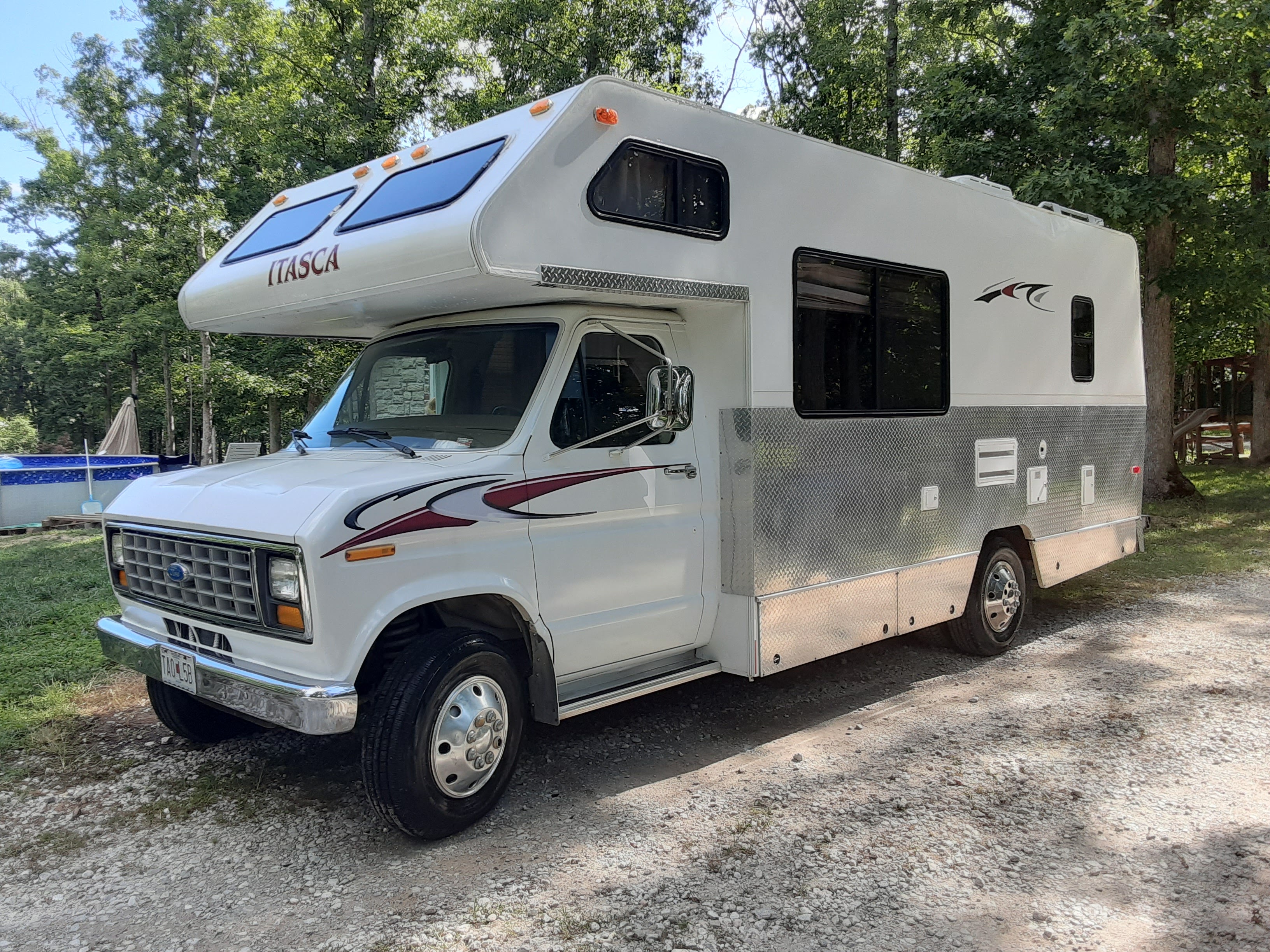
So, what are the best ways to get past the RV 10-year rule
If this is a whole new experience for you and trying to figure out where to start, try RV Life beginning the process
Keep it Clean
If your unit is clean and not beat up, most parks will never say a word about the age of your RV. Simply put, they are looking for well-kept-up RVs that have been taken care of and serviced regularly. It really has nothing to do with the age of your unit. So, give it a bath and keep up with your maintenance schedule.
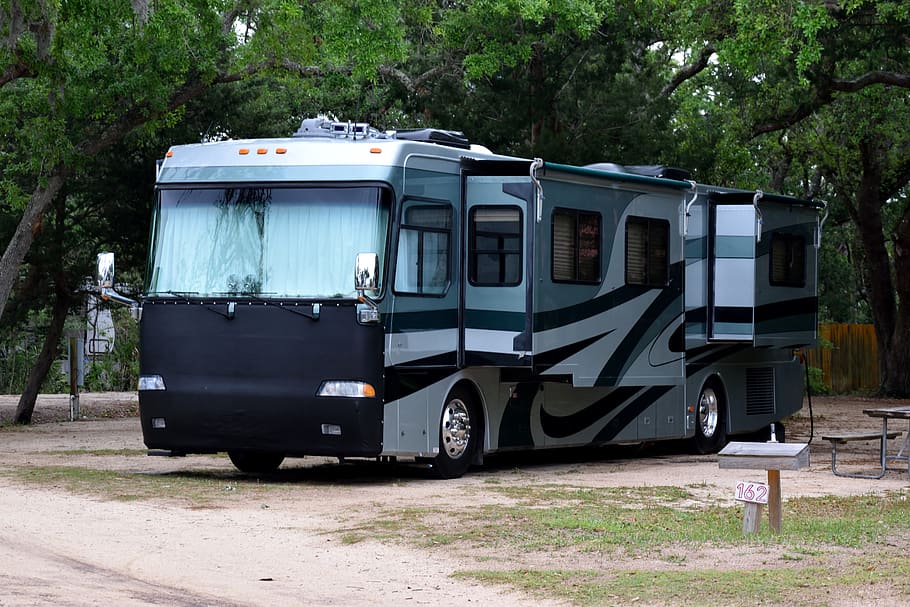
Purchase a vintage model
Another way to get around this rule is to have a clean, refurbished vintage RV. People love a great RV that has been taken care of and gives them a blast from the past. Most likely you will be taking questions on your project and you might even get annoyed answering questions every location you stop.
Go ahead and just show up
If heading to an upscale resort this might not work but most campgrounds will not even check or ask about the age of your RV. Remember in the big picture there are very few campgrounds that actually follow this rule or try to enforce it. A nice looking RV, it is hard to even tell if it is 10 years or 20 years old.
Use public campgrounds
Stick with the public campgrounds such as state or national parks since they really don’t try to enforce this rule at all. These parks are my go-to when I head out on the road looking for my next adventure.
Boondocking locations don’t adhere to these rules either and for me are much better places to camp. I am not looking to squeeze into a glamping site 2 feet from the neighboring RV.
Trust me none of these parks are going to RV shame you because you drive an older RV with a few bumps and bruises. Older models in my opinion are built much better and if taken care of will provide a better experience in the long run.
Buy a newer model
I know, this is an obvious solution, but I had to put it out there or someone would blast me in the comments that I missed one. A new RV can be a very expensive investment, especially these days with the influx of first-time campers.
A few years old is another option, but you will get to that 10-year mark before you know it.
If you are searching for a great way to plan stops and get park reviews, check out RV Trip Wizard for all your needs. 20,000 campgrounds with reviews, RV safe route trip planning, and 50,000 points of interest along your path.
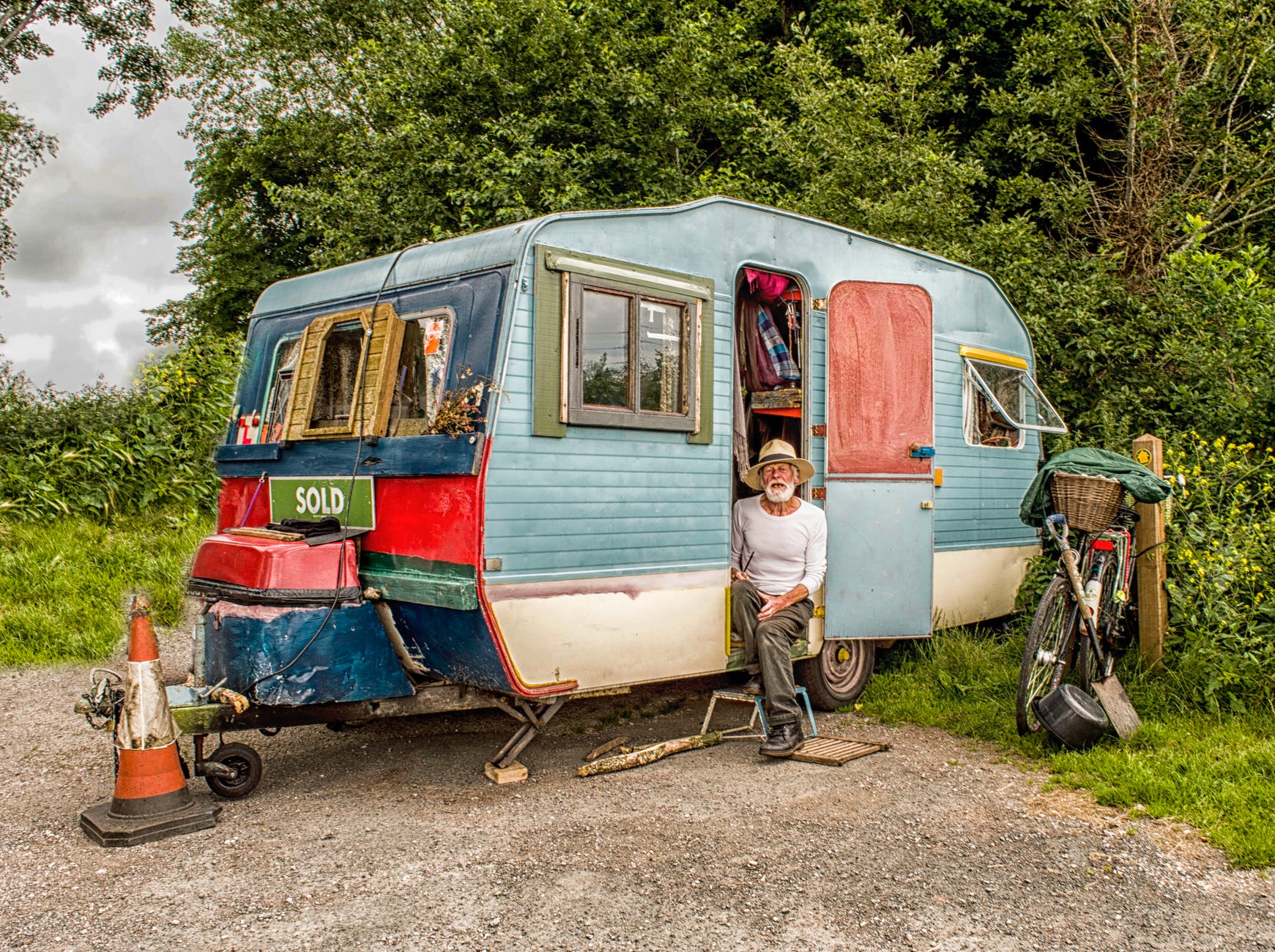
Tips and Tricks
New Decals
Replacing worn decals with a new set can make a big difference in the appearance of your RV. The looks of your RV will go a long way when a campground has contemplated the enforcement of the rule.
Stage your picture
Have a picture to send the campground of your RV in its best light. Freshly washed and waxed, a beautiful backdrop never hurt either. Remember age is a number and that is not really the deciding factor used.
Wax or Clearcoat
As we mentioned prior, a freshly waxed or clear-coated RV just puts off the impression of a well-maintained vehicle. This is a great way to make your RV look younger with little effort. Unless your RV is scratched and dented badly, this can be done in a matter of a couple of hours of work.
Give it some Bling
Buy a fresh set of hubcaps or mirrors, anything that is chrome to add to the shine. Shiny objects draw the eyes and may keep the campground worker from looking as hard as they might otherwise.
Conclusion
Let’s start off by saying, you will most likely never run across this problem anytime soon. Unless you come rolling in with smoke pouring out of your exhaust and a multi-colored paint job, you are probably safe.
Very few parks I have come across or heard about even try to enforce this rule. To me, if they are enforcing it, I really don’t want to be staying there anyway.
Get out and enjoy what is offered to you in this beautiful world of ours.
Please let us know below in the comments if you have been RV shamed and let the readers know which park it was so they can decide if they want to steer clear of it or not.


